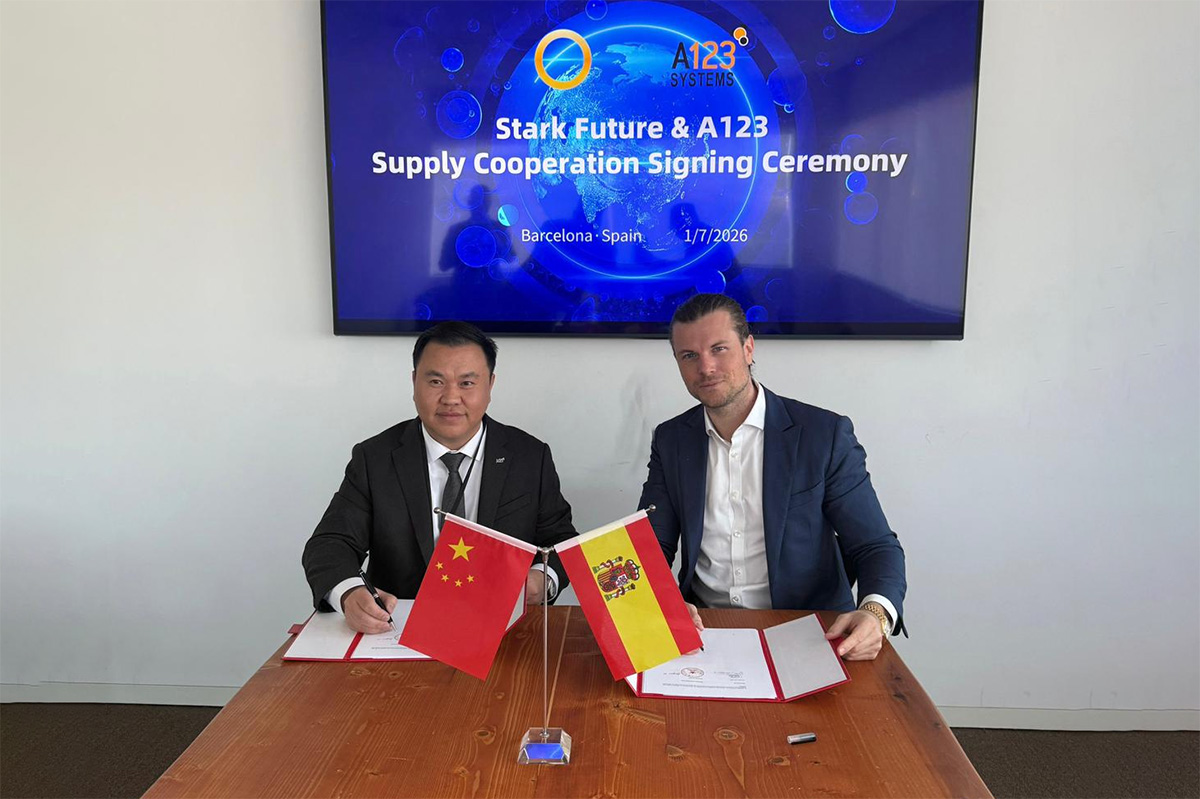Big four Japanese manufacturers to develop hydrogen engines
Yamaha Motor Co., Honda Motor Co., Kawasaki Motors and Suzuki Motor Corporation have jointly announced they will form a technological research association called HySE (Hydrogen Small mobility & Engine technology) for developing hydrogen-powered engines.
The aim, as you might imagine, is to address the reduction in use of fossil fuels to power the internal combustion engine. When you are talking about small capacity, single cylinder motorcycle engines (for example) that is a huge number globally.
The important part in this announcement, apart from the big four Japanese manufacturers teaming up, is the fact it is a joint venture on hydrogen as a fuel source, “rather than focusing on a single energy source” – i.e. electric.
Research and development will be “targeted at commercialisation of mobility with engines powered by – deemed a next-generation energy source – is gaining momentum” the joint statement says.
Technical challenges
The use of hydrogen poses “technical challenges” and that includes controlling the ignition of the fuel due to “fast flame speed and a large region of ignition, which often result in unstable combustion”.
The limited fuel tank capacity in small mobility vehicles is an issue too pointing to the fact that hydrogen powered engines are thirstier than petrol counterparts.
With huge volumes of small mobility vehicles being produced by these four companies (at least) small CC motorcycles, mini-vehicles, small marine vessels, construction equipment, drones, etc. the stakes are high in getting this one right – should it be hydrogen or electric mobility?
Kenji Komatsu, Chairman nominee of HySE and Executive Officer of Technical Research & Development Center, Yamaha Motor Co. Ltd., says, “There are many challenges in the development of hydrogen-powered engines, but we hope to see the association’s activities advance the fundamental research in order to meet those challenges. We are committed to this endeavor with a sense of mission to preserve the use of internal combustion engines, which epitomize the long-time efforts that our predecessors have invested.”
Main research and development areas, and the role of each company:
Research on the model-based development of hydrogen-powered engines (Honda)
Element study on functionality, performance, and reliability of the hydrogen-powered engines (Suzuki)
Hands-on research using real hydrogen-powered engines on their functionality, performance, and reliability (Yamaha Motor, Kawasaki Motors)
Studying the requirements for a hydrogen refuelling system and hydrogen tanks for small mobility (Yamaha)
Studying the auxiliary equipment required for a fuel supply system and tanks, and the equipment installed between the fuel tank and the injector (Kawasaki Motors)
Getting heavy
In addition to the full members (the four manufacturers), Kawasaki Heavy Industries, Ltd. (separate from Kawasaki Motors – they make ships and trains for example) and Toyota Motor Corporation will also support the association as special members.
Kawasaki Heavy Industries, being one of the main organisers of the “CO2-free Hydrogen Energy Supply-chain Technology Research Association” (HySTRA), will drive forward HySE’s activities, based on the knowledge gained from its activities for HySTRA.
Toyota, on the other hand, will assume the role of leveraging HySE’s research results to the maximum benefit for the development of hydrogen-powered engines, utilizing its know-how on experiments, analyses, and the designing of large hydrogen-fueled power units for four-wheel vehicles.
The statement continues:
The members of HySE are committed to conducting fundamental research, capitalising on their wealth of expertise and technologies in developing gasoline-powered engines, and aim to work together with the joint mission of establishing a design standard for small mobility’s hydrogen-powered engine, and of advancing the fundamental research endeavors in this area.
The members of HySE will continue to deepen their collaborative relations in order to provide a variety of small mobility options to users and meet their diverse needs, thereby contributing to the realization of a decarbonized society.























